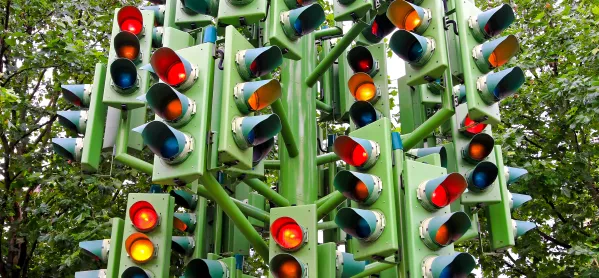The Scottish Qualifications Authority (SQA) has today published statistics for its appeals service in 2020-21, when national exams were once again cancelled in response to the challenges of the coronavirus pandemic.
They show that, of 3,483 requests for appeal, 57 (1.6 per cent) resulted in a grade change: 44 upgrades and 13 downgrades. There are also 15 appeals on the grounds of discrimination still under consideration that are not included in today’s figures.
Of the 519,429 entries in 2020-21, there were:
- 3,265 appeals (93.7 per cent) on the grounds of academic judgement
- 30 appeals (0.9 per cent) on the grounds of an unresolved administrative error
- 188 appeals (5.4 per cent) on the grounds of discrimination
In 2021, for the first time, students could appeal directly to SQA for free and were able to register that they wanted to appeal from Friday 25 June.
After the SQA: Call to prioritise teacher voices over those of national education bodies
Education reform: SQA backs a new joint curriculum and assessment body after Muir review
Long read: What teachers really think about the ACM
The SQA said today: “As there were no standardised assessments in 2021, the appeals process required a different approach.
“Any evidence supplied in support of an appeal request was considered closely by SQA appointees - practising teachers and lecturers - who reviewed materials against the broad assessment requirements of the course.
“The starting point for the review was that the judgements of schools, colleges and training providers were fair and within acceptable tolerances - only if the appointee discerned a significant and material difference was a change in grade recommended.”
Fiona Robertson, SQA chief executive and Scotland’s chief examining officer, said: “This was another very challenging year for the whole Scottish education system, who together with learners, parents and carers, worked hard to ensure the ‘alternative certification model’ (ACM) was credible and fair and enabled learners to receive the qualifications they deserved.
“The vast majority of learners did not appeal their grades this year. However, it was important that a free, direct right of appeal was made available to learners as the final essential part of the alternative certification model. This was a major change from previous years and a direct response to the national consultation we conducted.”




